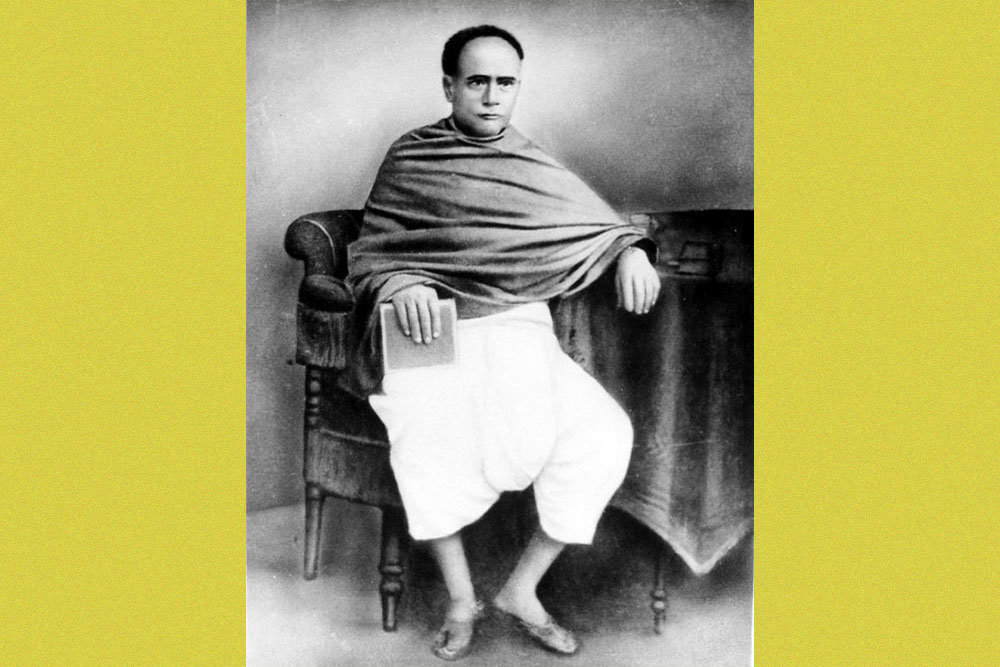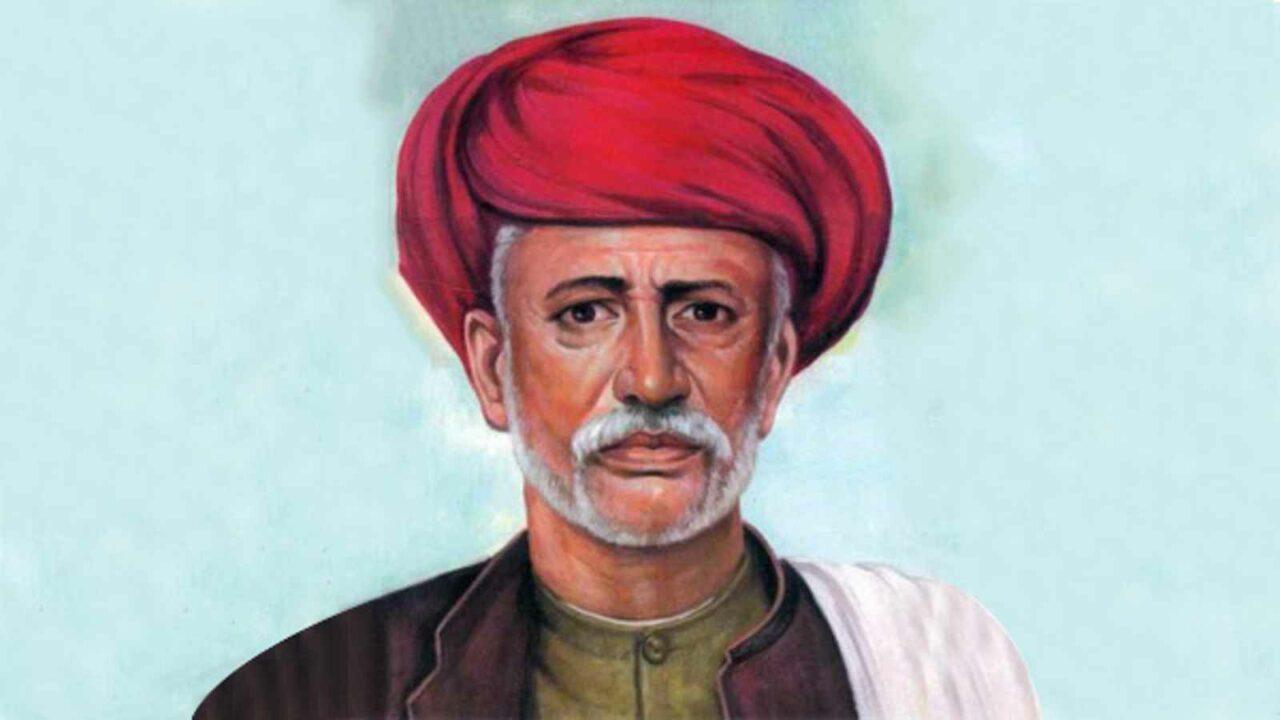Top 5 Educational Indian Leaders Who Fought For Women's Education In India

There are numerous obstacles that prevent women from obtaining even something as fundamental as an education. The United Nations Educational, Scientific, and Cultural Organization (UNESCO) lists a number of barriers that prohibit women from fully exercising their right to participate in, complete, and benefit from education, including poverty, geographic isolation, minority status, early marriage and pregnancy, gender-based violence, and traditional views about women's status and role. As a result, 16 million females worldwide will never enter a classroom, according to data from the UNESCO Institute for Statistics.
The reasons why men should be involved in women's education
In addition, two-thirds of the 750 million adults worldwide who lack basic literacy are women. This suggests that although boys face similar challenges in some parts of the world, girls are disproportionately affected by lack of access to school. It's also clear that men and boys must be included in gender-transforming programs and projects if real improvements are to be made in the world and the gender gap in education is to be closed. This is mostly due to the fact that women's empowerment is an objective that cannot be fulfilled in a vacuum.
Advocates for social advancement, gender equality, and educational reform were greatly aided by the leaders of the Indian women's education movement. Their contributions and efforts are extremely valuable for the following reasons:
Gender Equality: Proponents of women's education understood the importance of gender equality. They strove to remove obstacles in order to accomplish this equality because they thought women should have the same access to education as men.
Empowerment: Getting an education can help you become a more powerful person. These leaders promoted women's education because they helped women become more knowledgeable, competent, and self-assured, which increased their independence and capacity for making decisions.
Social Reform: A large number of influential figures who supported women's education were also participants in larger social reform campaigns. They viewed schooling as a tool.
Inspiration: These leaders' legacy will always encourage the next generation to pursue gender equality and education, which will have a long-lasting effect on society.
The leaders of the Indian women's education movement played a vital role in questioning established conventions, promoting legislative modifications, and finally clearing the path for a society that is more just and inclusive. Their efforts continue to inspire the global movement for women's rights and education and are a significant part of India's history.
Here's The List Of Top 5 Educational Indian Leaders Who Fought For Women's Education In India
1.Raja Ram Mohun Roy
Raja Ram Mohun Roy was a 19th-century social reformer most known for abolishing the Sati pratha, a custom in which a widow is burned alive on her husband's funeral pyre. However, Roy achieved much more in his lifetime. One of the foremost members of the Bengali elite, Roy was a proponent of educating Indians Western science, literature, philosophy, and medicine in the context of educational reform. He was a leading proponent of women's education and one of the founders of several important educational establishments in colonial Calcutta, including the City College, Hindu College (later known as Presidency College), and several English schools.
Christian missionaries had previously set education as a goal for Indian women, but Roy was instrumental in making the idea more widely accepted among Hindu elites. He used the shastras to refute critics who said women's education was anti-Hindu culture. He showed how women's education was fundamental to early Hindu traditions and produced almost legendary women academics like Gargi and Maitreyi. Roy put a lot of effort into founding the Brahmo Samaj, which fought hard to dispel the common misconceptions about women's education. The majority of girls' schools that subsequently arose in Bengal were, in reality, greatly impacted by Roy's decades-long advocacy for women's education and other rights.
2.Ishwar Chandra Vidyasagar

Similar to Roy, Ishwar Chandra Vidyasagar is hailed in textbooks as the Indian reformer who brought about the Widow Remarriage Act of 1856. Many people are unaware that Vidyasagar was a social reformer who recognized that legislation alone would not be sufficient to improve the status of women in the nation or assist them in overcoming centuries of societal oppression. Therefore, his bigger, lifelong purpose was to educate women. He worked tirelessly toward this goal. It is undeniable that Vidyasagar, as one of the most influential educators of his day, used his influence to push for Indian girls' education in schools to the fullest extent possible.
3.Jyotirao Phule

It is common knowledge that Jyotirao Phule and his wife Savitribai Phule were the forerunners of women's education in India. Phule's personal experiences as a Dalit man living in 19th-century India served as the inspiration for his lifetime advocacy for women's education. He saw that the shudras, ati-shudras, and women—all marginalized groups—would never be able to gain a voice of their own, much less grow into self-respecting societies that uphold fundamental human rights. This theory was validated when Phule went to the Christian missionary school in Ahmednagar, which was also attended by Savitribai, and saw the increase in self-assurance among the female pupils.
It is well known that the pioneers of women's education in India were Jyotirao Phule and his wife Savitribai Phule. Phule's lifelong support of women's education was motivated by his personal experiences as a Dalit man residing in 19th-century India. He saw that underprivileged groups like women, shudras, and ati-shudras would never be able to have a voice of their own, much less develop into communities that respect basic human rights. When Phule visited the Christian missionary school in Ahmednagar, where Savitribai was also enrolled, and observed the rise in confidence among the female students, this notion was confirmed.
4.Periyar EV Ramaswamy
The Dravidian social reformer EV Ramaswamy, sometimes called Periyar or Thanthai Periyar, is credited as saying once that "only education, self-respect, and rational qualities will uplift the downtrodden." This statement has never been more accurate, especially for women. You may not be familiar with this social reformer, yet he accomplished more in Indian history than anybody else in promoting women's rights, particularly the rights to property, education, and employment. In addition to arguing against unfairly placing expectations such as chastity only on women, he also held that women ought to have unrestricted access to education, particularly in the field of vocational training.
5.BR Ambedkar

As the primary creator of the Indian constitution and a symbol of the nation's Dalit rights campaigns, Dr. Bhimrao Ramji Ambedkar is widely regarded. However, Ambedkar thought that by protecting their own rights to property and education, women might play a significant role in the emancipation of oppressed people. "The extent of advancement women have made is how I gauge the success of a community," he declared on July 20, 1942, during the Second All-India Depressed Classes Women's Conference. I'm going to share some information with you that I believe is important to remember. Acquire hygiene and abstain from all vices. Teach your kids. Instill a sense of ambition in them.
Ambedkar argued that women should have the same access to education as men in order to accomplish these aims since doing so would guarantee that they both receive an education of the same caliber. He thought that women might empower others by educating themselves, in addition to providing for their own needs. Ambedkar, however, opposed professional or technical education in accordance with the British educational system since it seeks to mold workers into clerical individuals. In order to help the downtrodden classes improve their social, economic, and political standing, he placed more emphasis on secular education for social emancipation and independence.
- Who was the pioneering figure in India to support women's education?
- A long and varied history of leaders promoting women's education exists in India. One of the first people to advocate for women's education was Raja Ram Mohan Roy.
- What makes men's participation in women's education crucial?
- A-Men's engagement in women's education is essential because it promotes inclusivity, dismantles obstacles based on gender, and creates an atmosphere that is supportive of women's academic endeavors.

